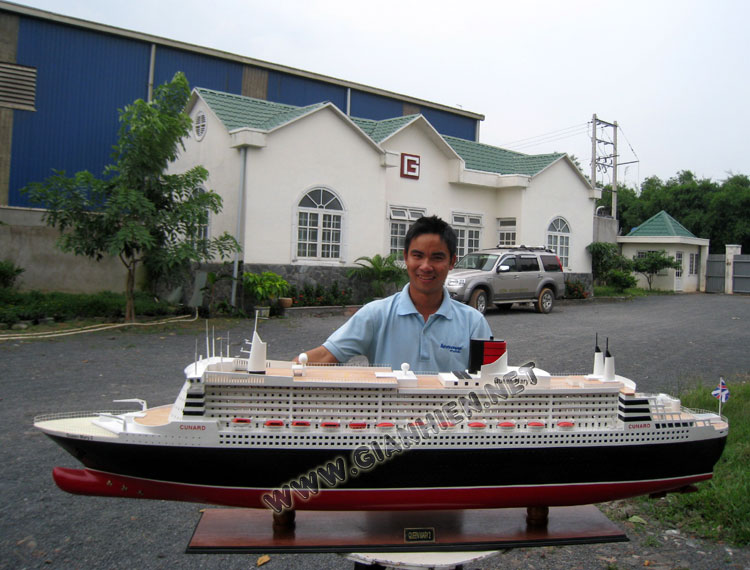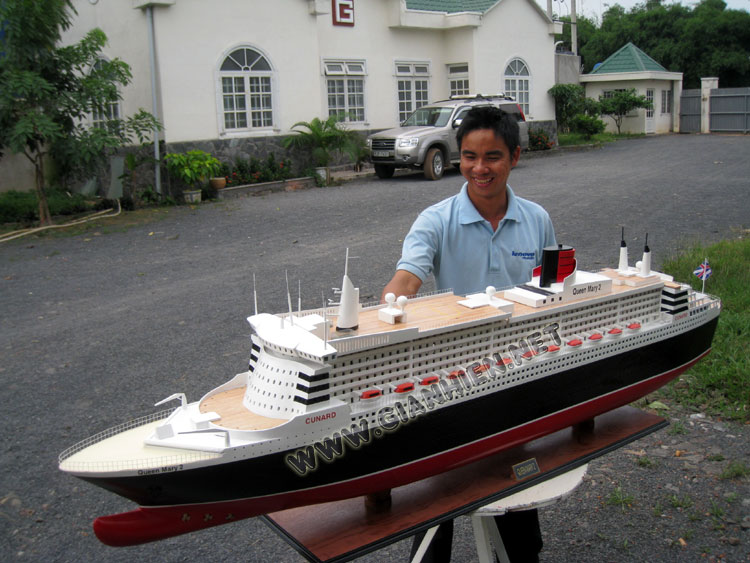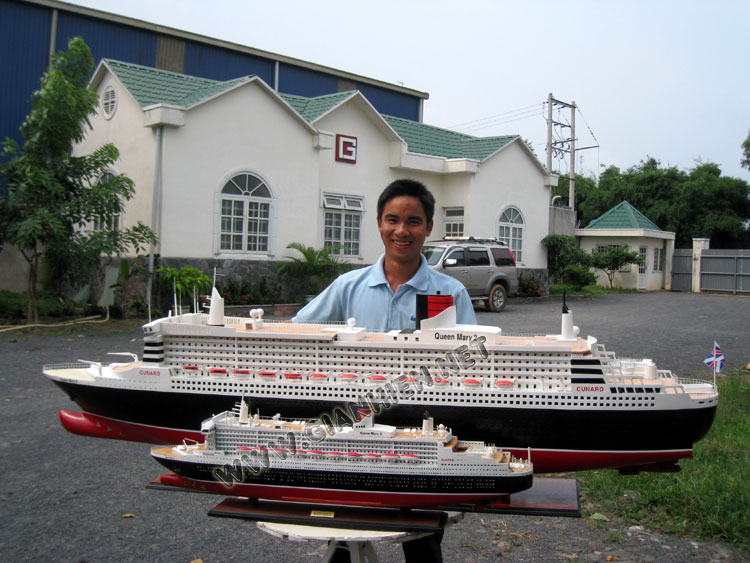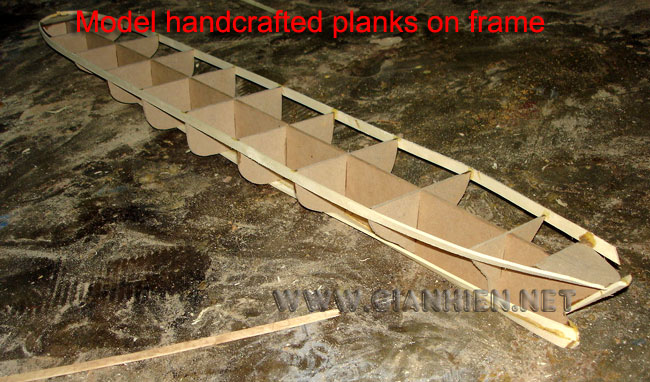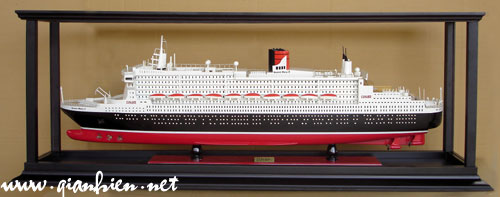|
BRIEF HISTORY
RMS
Queen Mary 2 (also referred to as the QM2) is a British
transatlantic ocean liner. She has served as the flagship of
Cunard Line since succeeding Queen Elizabeth 2 in 2004. As
of 2020, Queen Mary 2 is the only purpose built passenger
ship designed as an ocean liner, as opposed to a cruise
ship.
The ship was officially named Queen Mary 2 by Queen
Elizabeth II in 2004 after the first RMS Queen Mary of 1936.
Queen Mary had in turn been named after Mary of Teck,
consort of King George V. With the retirement of Queen
Elizabeth 2 in 2008, Queen Mary 2 is the only transatlantic
ocean liner in regular service between Southampton, England,
and New York City, United States. The ship is also used for
cruising, including an annual world cruise.
She was designed by a team of British naval architects led
by Stephen Payne, and was constructed in France by Chantiers
de l'Atlantique. At the time of her construction, Queen Mary
2 was the longest, at 1,131.99 ft (345.03 m), and largest,
with a gross tonnage of 148,528 GT, passenger ship ever
built. She no longer holds these records after the
construction of Royal Caribbean International's 154,407 GT
Freedom of the Seas (a cruise ship) in April 2006, but
remains the largest ocean liner ever built.
Queen Mary 2 was intended for regular scheduled crossings of
the Atlantic Ocean, the final cost was approximately
$300,000 per berth. The cost was increased by the high
quality of materials; having been designed as an ocean
liner, she required 40% more steel than a standard cruise
ship. Queen Mary 2 has a maximum speed of just over 30 knots
(56 km/h; 35 mph) and a cruising speed of 26 knots (48 km/h;
30 mph), which is faster than a contemporary cruise ship.
Instead of the common diesel-electric configuration, Queen
Mary 2 uses integrated electric propulsion to achieve her
top speed. Diesel engines, augmented by gas turbines, are
used to generate electricity for electric motors for
propulsion and for on-board use.
Queen Mary 2's facilities include fifteen restaurants and
bars, five swimming pools, a casino, a ballroom, a theatre,
and the first planetarium at sea. |

